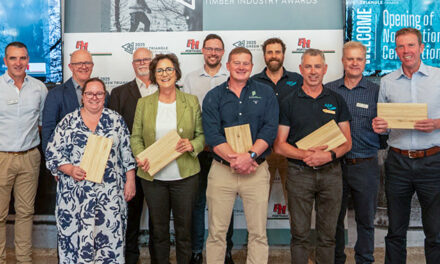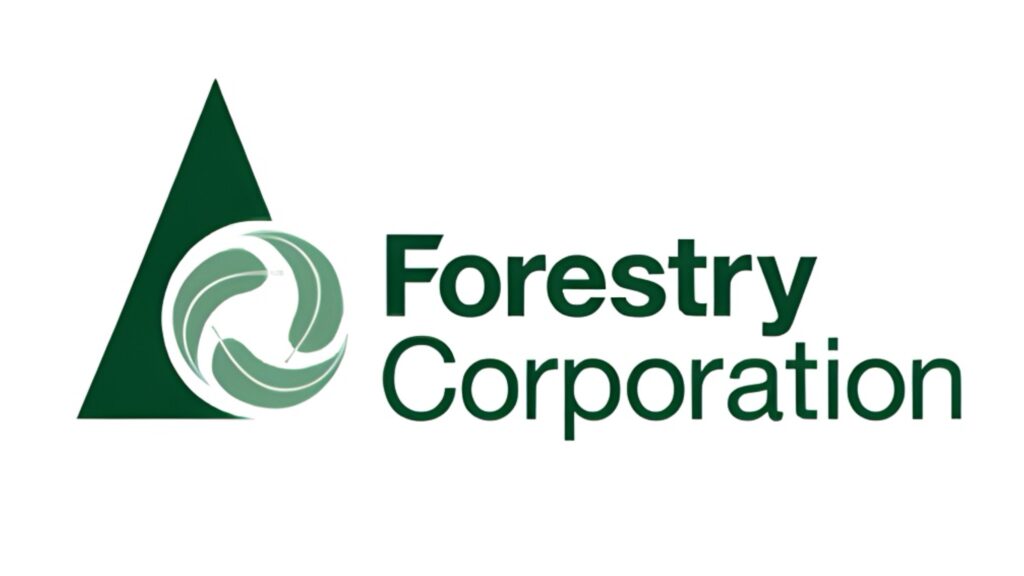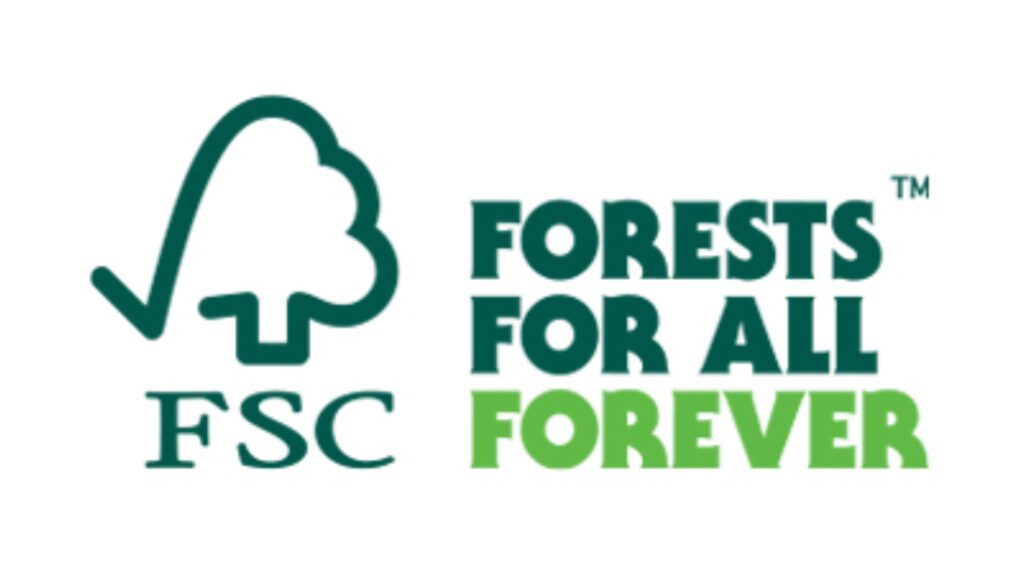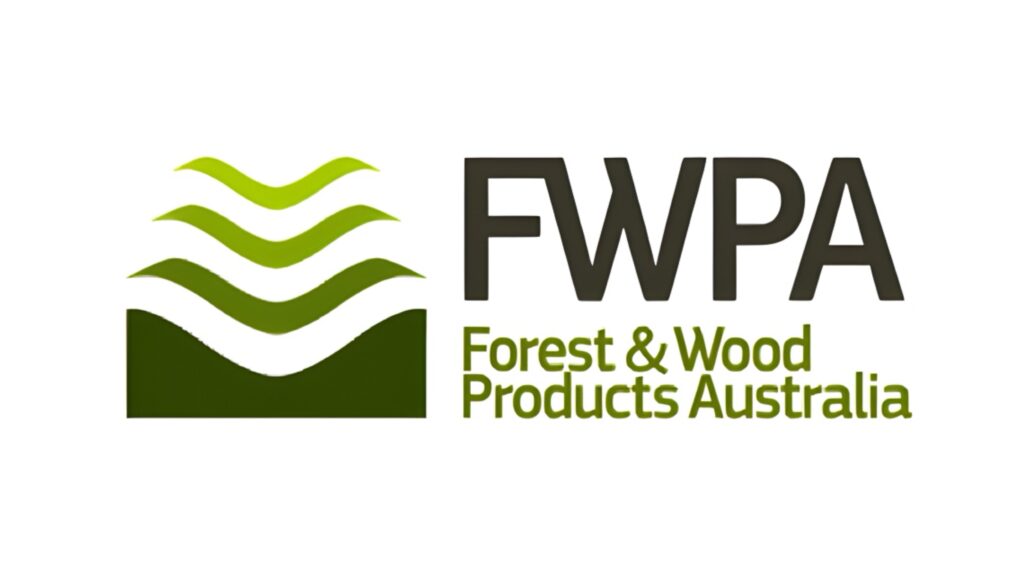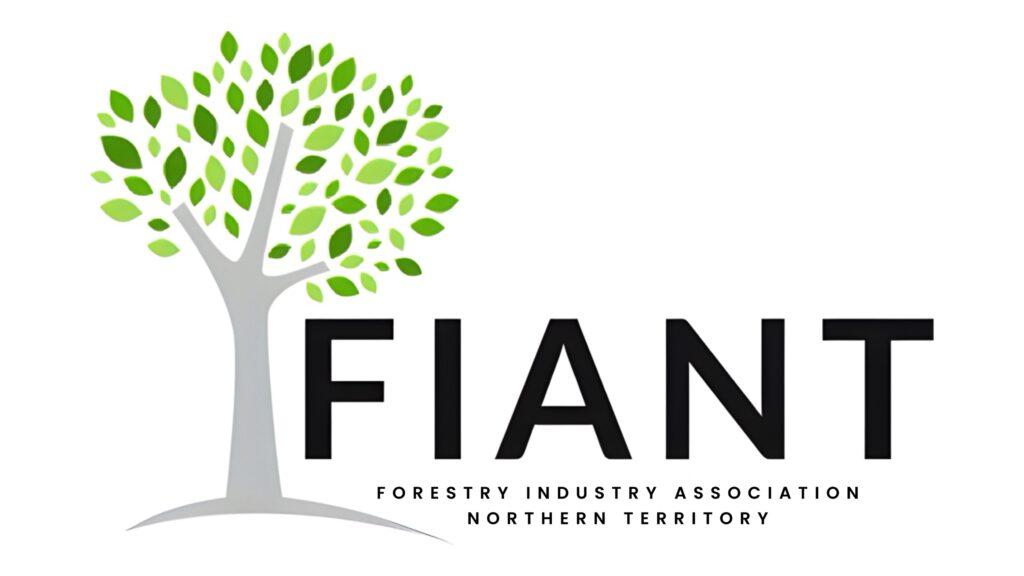AFCA 2025 ELECTION PLATFORM
THE NEWLY RELEASED PLATFORM FOCUSES ON FORESTRY’S VALUE TO AUSTRALIA.
The Australian Forest Contractors Association (AFCA) has released its platform of policies and initiatives designed to deliver a secure future for workers and businesses associated with both plantation and native forest estates.
Directed at all parties, the platform is twofold, first making clear the economic and environmental value of Australian forestry (no other building material regrows itself!) and then outlining policies that will protect forest services businesses into the future.
Launching the platform, AFCA CEO Tim Lester said that forest services businesses are an essential link to the forest products value chain. He noted that the entire sector relies on safe, sustainable and viable businesses operations and practices within forest areas and to safely transport logs, wood fibre and biomass to mills, ports and other processors,
“Active forest management is the key to long term forest health and it includes sustainable harvesting of native timber with continuing strong environmental and regulatory protections,” Lester said.
“The vast majority of Australia’s public native forest estate is already protected for conservation. Our management of native regrowth production forests is so good after a short time they are almost indistinguishable from other areas.
“The World Bank says that every dollar generated by forest industries multiplies two and a half times through the economy,” he added, pointing out that forestry operations not only deliver high-quality skilled and specialist jobs to rural and regional areas, but that the flow-on effects of forestry operations benefit other businesses and whole communities.
The platform (click here to download) calls for well-managed sustainable timber harvesting in forests where such activity is suitable, as well as capacity building, certification and certainty for the sector. It requests funding for rural communication now the 3G network has closed, as well as forestry value chain carbon footprint analysis and the establishment of a dedicated workforce data unit within ABARES.
“Growing forests are also proven as an extremely effective carbon sink. In fact, government figures show that in the 20 years to 2021 native production regrowth forests captured an additional 120 million tonnes of carbon while forests managed for conservation emitted more than 250 million tonnes,” Lester said.
“Whether for plantations or native forests, securing the future of our specialist forest operations businesses and workforce is a win-win for carbon, communities and the economy.”


